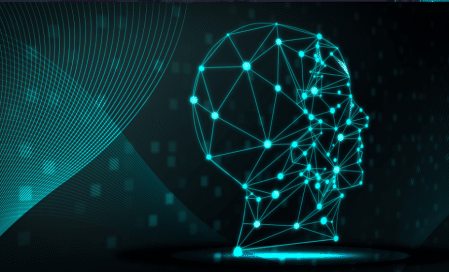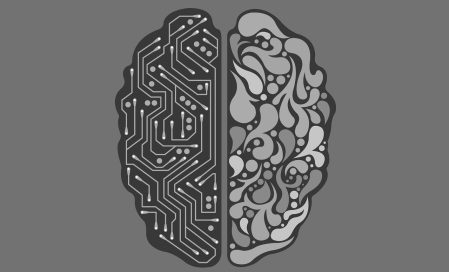As legal professionals, we constantly navigate the evolving landscape of technology, especially with the integration of Artificial Intelligence (AI) into our practice. A preliminary opinion from the Israeli National Ethics Committee has highlighted key ethical and professional considerations for lawyers employing AI technologies.
Key Highlights from the Committee’s Findings:
- Ethical Considerations: Lawyers must exercise independent professional judgment when using AI platforms to ensure the reliability of the information these technologies generate.
- Confidentiality Concerns: AI systems, by their nature, process and store data, which could potentially result in leakage of sensitive client information. The Committee’s recommendation was, as a general rule, for lawyers to avoid inputting any personal or non-public materials into AI systems, but to use open systems only for general and theoretical queries.
- Internal/Closed AI Platforms: Extra caution is advised even when adopting or developing dedicated and closed AI systems to ensure they do not inadvertently expose sensitive client information.
- Transparency and Client Consent: Lawyers must obtain the written and explicit consent of the client before using the client’s personal information in open AI systems.
Our Proactive Approach:
At Gornitzky, we are committed to enhancing our services through the adoption of new technologies, while maintaining our long-standing standards of integrity and quality. We proactively implemented internal guidelines and policies for using AI, anticipating the ethical and professional standards that would evolve. These measures are designed to optimize our AI capabilities, ensuring compliance with our longstanding commitment to legal ethics and client privacy.
For more information on the recommendations of the Israeli National Ethics Committee and on how we leverage AI in Gornitzky, we invite you to contact Netta Shaked Stadler (head of our AI practice) and Gal Ben Haim (our Project and Innovation Manager).








